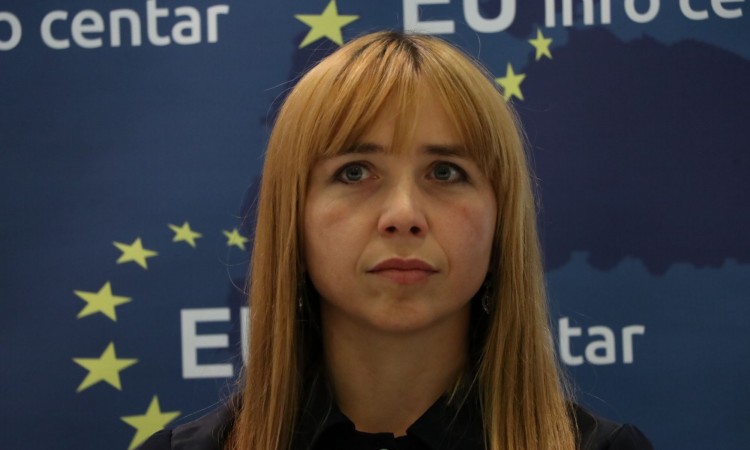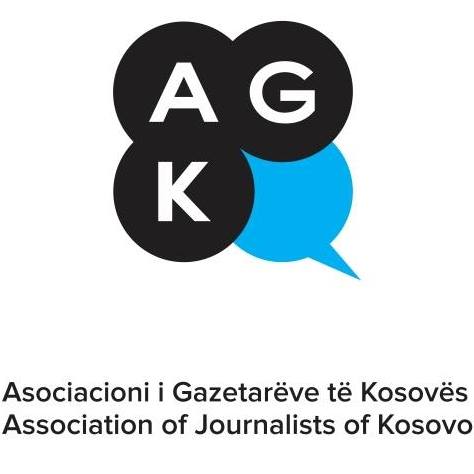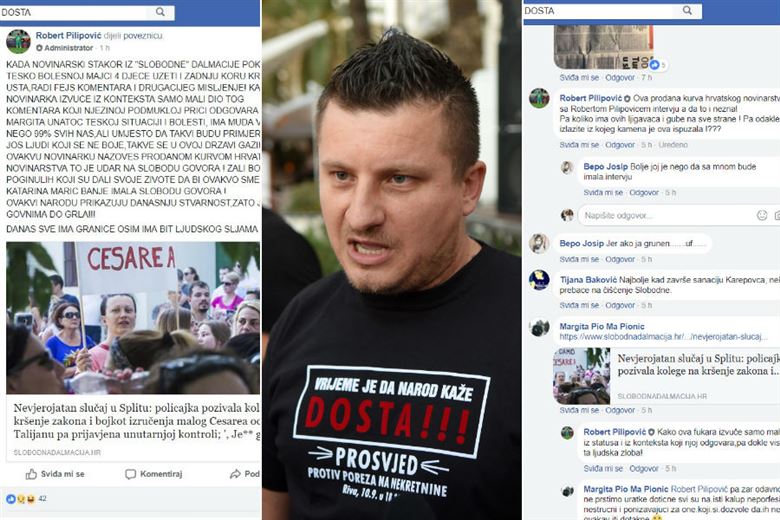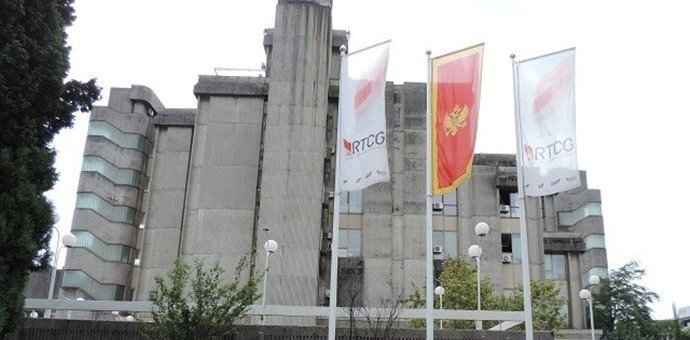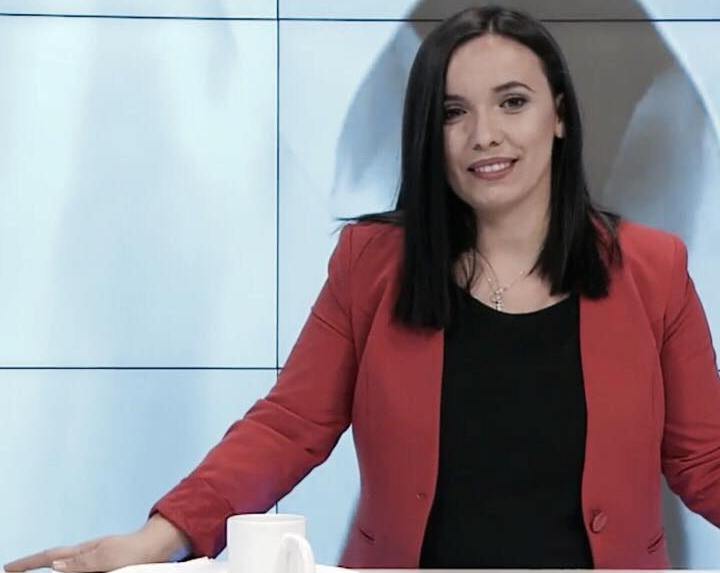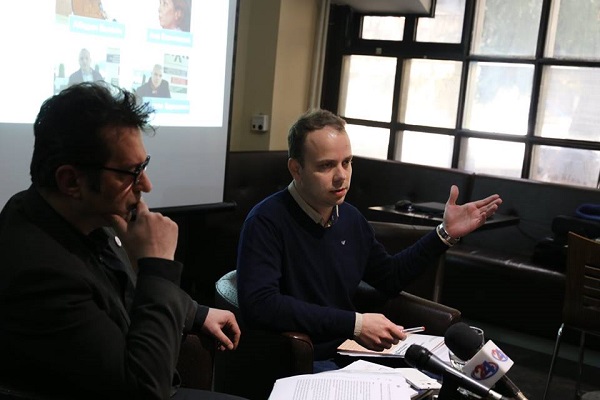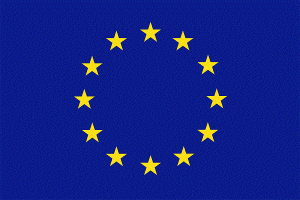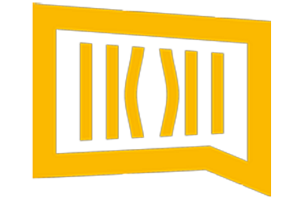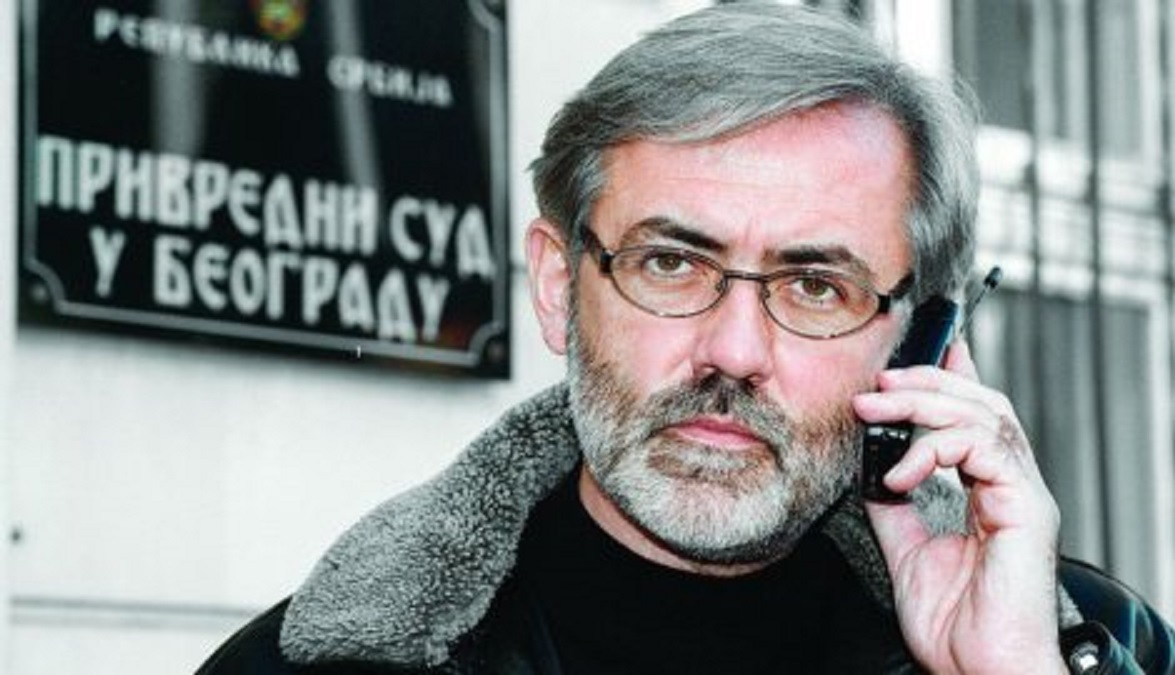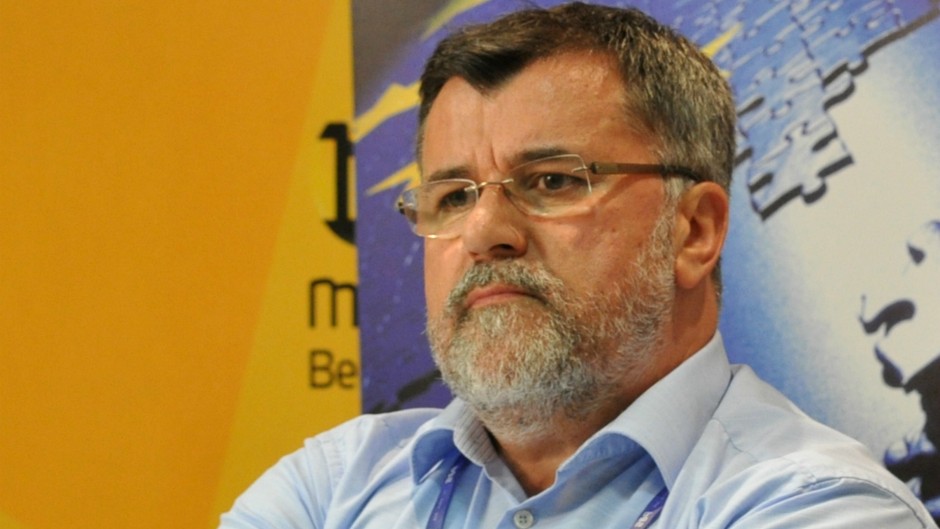SARAJEVO, 21.03.2018.-Without monitoring of media financing from public budgets, it is difficult to make conclusions regarding the legitimacy of these procedures and final effects in the context of communication required by citizens and the general public.
Interview with Sanela Hodžić, researcher and editor of media reports, Mediacentar Sarajevo
What kind of existing legal regulation regarding media financing from public budget funds and what law provisions are included at different governing levels in BiH?
There is no particular legal framework for media financing, although there are different legal law provisions that partially relate to media financing, especially in terms of transparency of these relations. Additionally, transparency budget norms are, for instance, defined through Entity legal and law provisions regarding budgets, and transparency issues and questions regarding public enterprises budgets (including local media houses) are partially defined through law and legal provisions applied through public enterprises. Transparency norms are related to public budget announcing, they are also related to reports on budget implementation, use of reserve means and funds, decision on loans etc on official web pages of certain governing bodies (Law on Budgets of FBiH), that is, Official Gazette (Law on Budget of FBiH and Law on Budget System in RS), and they also related to announcing the information regarding financial structure for public media houses (pursuant to laws of public enterprises). However, the governing institutional budgets do not allow us to have the clear view regarding what specific amounts are granted to media houses, taking into consideration that these budgets are often designated and outlined under the “miscellaneous” items. These budgets are also often listed under the cumulative budget lines (such as “other services”, “subventions”, “grants” etc) and the names of media houses using these budget funds are even less visible. Legal norms related to public procurements are also important in terms of media financing context.
Is there a difference in procedures and allocation/distribution of public budget money to private and public media houses? Are there more précised, more thorough and detailed researches and surveys conducted and implement- ed, indicating to malignant trends and failures in-laws?
There are different forms of media financing from public sector, starting with regular public media budget financing, including Entity level press agencies, municipal, city and cantonal media houses, through grant allocation / distribution for private and public media houses, to different contracts with media houses regard- ing the covering of local governments and their work, including the promotion of local issues, commercial advertising and similar financial relations. In general, there are no substantial and mutual and commonly defined norms and procedures in these financing forms and these decisions are mostly considered a matter of discretion for each and every individual governing authority, which is entitled to grant particular financial means. Transparency of individual procedures of separation is even more questionable in this sense. Decisions on media financing are normally passed by political bodies that necessarily withdraw the questions of eventual in- instrumentalizing and manipulation of these funds for particular interests. Speaking about public media financing is actually speaking about pre-determined and pre-defined procedures under the competences of local governing authorities and most of the time, similar budgets grants are approved for further allocation and distribution for given public media houses from year to year. However, emerging of certain fluctuations is possible as well in cases where budget cuts are introduced but also fluctuations occur during dissents on the political basis. For the latter, we had a recent case at RTV Zenica when the budget amount for this particular media house was reduced, followed by a complete financial cut, deriving as a result of disagreement of city mayor regarding the re-appointing of a female general manager in this media house. Naturally, on one hand, we have problems related directly to political manipulations in terms of appointing the management members in public media houses, however, it is humiliating that such financial conditioning (or to some extent even blackmailing) of public media house is even possible in reality. Aimed provisions, provisions regarding criteria and conditions for allocation and distribution of state help in FBiH, define criteria for allocation and distribution of public media help, but these criteria are not precisely defined according to general requirements such as “public interest service”, “national program representation” and the existence of an independent body that follows the public service providing. We cannot find similar criteria in the Republic of Srpska in regard to state-level allocation and distribution to private media houses. In reality, forms and financial criteria are different and in rare cases, when specific rules are passed as far as this issue is concerned, these criteria mostly comprehend technical criteria (including the registration on the territory of community, adequate capacities etc); while, on the other hand, program criteria are defined such as “business and entrepreneur affirmation”, “moral values”, “civil society”, “strengthening of critical consciousness”, “community promotion” in different areas, so the quantity of information regarding local administration and local governing level announced in previous year. These kinds of rules, applied at governing levels where they had been passed, altogether represent a crucial step forward in regulating media financing issue, even though the criteria included here are not precisely defined and media valuing pursuant to these criteria remain questionable either.
To what extent do public institutions respect legal regulations predicting allocation and distribution of financial means and paying media houses for services they provide?
Taking the deficiency of these procedures into consideration, it is difficult to talk about to what extent legal procedures are actually applicable and can be implemented in reality. Available secondary sources point out to eventual and possible formal interpretation of the above mentioned criteria for state help for public media houses, where, for instance, the fact that media regulator does exist (and operates in its full capacity), namely Communication Regulatory Agency (CRA) is used as sufficient tool in order to make conclusion that there is a supervising body which can decide whether certain media houses operate to the benefit of general public interest. In terms of public procurements, audit reports, and analysis, indicated and outlined the occurrence of excessive use of direct contracts, negotiating procedures and agreements on coproduction which as a result appeared in order to avoid open procurement procedures thus diminishing transparency system in general. Therefore, it would be required and necessary to have criteria precisely defined regarding the state help pursuant to well – the planned concept of public interest and enabling the excessive use of exceptions deriving from public procurement procedures related to media services.
To what extent can selective treatment in decision making and in regards to public funds allocation and distribution damage society, public interests, media and particularly media professionals?
All of the above-mentioned media houses suffer from serious lack of transparency, unclear criteria in regard with general public interest, lack of protection of instrumentalizing and manipulations, lack of independent decision – making institutional and official bodies and finally, lack of monitoring of legitimacy to such practice. Finally, biggest damage as far as this issue is concerned may emerge from the fact that no efforts had been made in order to make these assignments public interest instruments and the final effect of these assignments, upon the quality of journalism and public requirements for communications, consequently still remain questionable. The state is disabled to apply and implements regulations according to its obligations towards international conventions, that is, to prevent excessive domination of individual interests and to ensure and provide conditions for effective pluralism. Besides, citizens are not provided with sufficient, proper and adequate information regarding financial interests in the media sector, particularly regarding allocation, distribution, and effects of public means. In networks of different interests and relationships whose legitimacy and transparency is questionable, media professionals are left with limited space for journalism autonomy.
What are the official stand and opinion of BiH judiciary system regarding the allocation and distribution of public means to media houses in comparison with neighboring countries and wider? How can we create new conditions for the fair market where all media houses should have equal treatment?
Many international recommendations are directed towards the increasing of transparency and legitimacy of media financing, including for instance, Resolution 1636 on indicators for media in democracy systems, Parliamentary Assembly of Council of Europe (2008), stating clearly that media ownership and economic influences on media must be made more transparent and additionally, implementation of the regulation against the monopoly-based concentration, including the measures promoting media pluralism. EU guidelines supporting media freedoms and media integrity in joining countries 2014 – 2020 also encourage the announcing of scope and share of public means in every single media houses involved. In developed democracy systems these issues and questions are solved in different ways, but in reality many efforts are made to advance transparency (for example Law On Transparency on Media Support and Advertising in Austria), advance criteria of state help – usually where the tendency is to support printed media houses that face certain difficulties in their work, but also a non – profit media houses and alternative platforms assuming that particular functions of public interests and that criteria should be defined more precisely, minimizing arbitrarily decision making in return. The establishing of expert commissions and/or an attempt to develop the system of parity of different interests, as part of bodies that make decisions in media financing, represent yet another significant step towards the guarantee of the legitimacy of financing procedures. In neighboring Croatia, we had attempts of advancing the responsibilities of media receiving state help, in terms of media houses applying for state help, where they had been required to introduce their Status regulating the relations between journalists and media and the guarantee of their complete autonomy, including the designation of media contents whose producing is supported by co-financing from public sector. In the end, without monitoring of media financing from public budgets, it is difficult to make conclusions regarding the legitimacy of these procedures and final effects in the context of communication required by citizens and the general public. All of the above-mentioned elements are considered important as far as the advanced financing policies are concerned, and some of them may be applicable and implemented in BiH as well. The discussions regarding these issues are crucial for the media sector, but for the wide public as well, and to find best possible ways to, through the development of the legal and regulatory framework, conduct and implement these financial forms since they should be serving public interests by all means.
This text is a part of E-Bulletin– fourth edition of special serial of BHN online bulletin implemented through the “Media and Public Reputation” (origin. “Mediji i javni ugled”) project, also representing a contribution to public debate regarding the transparency of media ownership and upholding and encouraging the passing of set of laws aimed to advance media field and information market in BiH.


